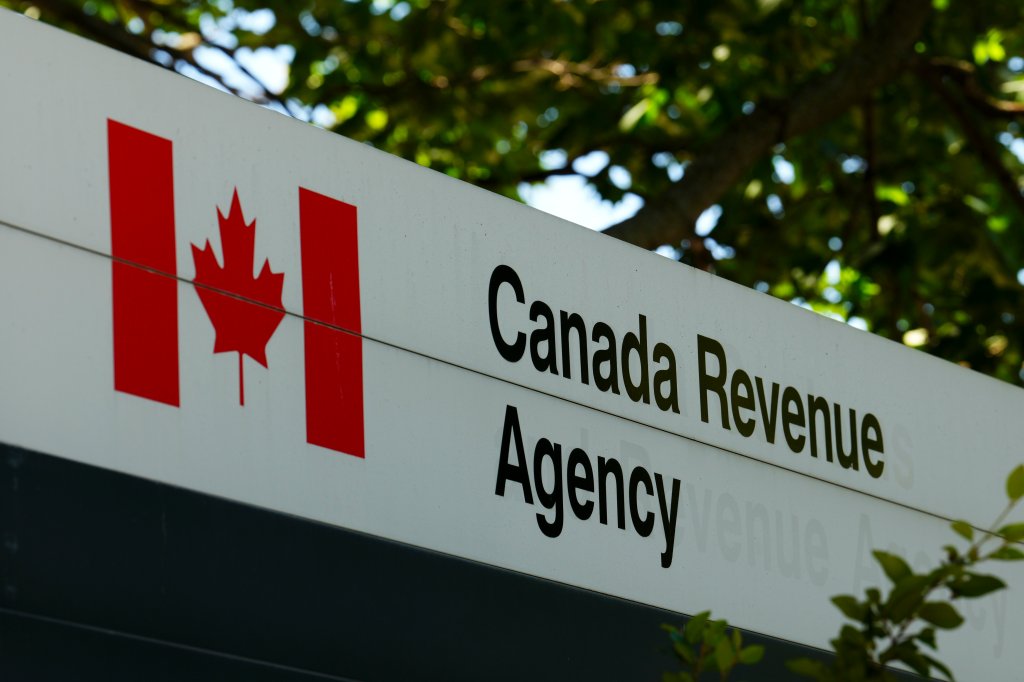Public Concerns Mount Over CRA’s New Tax Initiatives
In an unexpected turn of events, the Canada Revenue Agency (CRA) is facing mounting scrutiny from both the public and advocacy groups following the introduction of new tax measures aimed at increasing compliance. As these measures roll out, many Canadians worry that the agency’s intensified focus on audits and enforcement could disproportionately impact individuals and small businesses struggling to stay afloat in the post-pandemic economy.
What’s Behind the Changes?
According to government officials, the changes are part of an effort to recover billions in unpaid taxes and close loopholes exploited by wealthy corporations. “Our primary goal is to ensure that everyone pays their fair share,” stated CRA spokesperson Sarah Thompson during a press briefing on Tuesday. “We recognize the challenges many Canadians are facing, but fairness in taxation is essential for the recovery of our economy.”
Public Reaction and Concerns
However, the announcement hasn’t been met with widespread approval. Small business owners across the country have expressed fears that the increased audits could lead to financial strain rather than relief. “I completely understand the need for tax fairness, but as a small business owner, it just feels like the CRA is coming after us while the big guys get a pass,” said Mike Havers, owner of a Montreal-based cafe. The sentiment resonates with many Canadians, as social media platforms have been flooded with threads discussing the potential negative impacts of these measures.
Statistics Speak Volumes
Recent statistics revealed that approximately 25% of Canadians believe they will endure a tax audit in the next three years, a significant rise from previous years. Moreover, an Ipsos poll conducted in late October found that nearly 60% of respondents feel that the CRA is overstepping its bounds. This growing sentiment has caused alarm among lawmakers, who are now pressing for greater transparency in the agency’s operations.
Looking Ahead
As the CRA ramps up its efforts, it’s clear that the balance between tax compliance and support for struggling citizens is delicate. With rising inflation and greater economic uncertainty, many are calling for a review of the measures to address concerns about their feasibility and fairness. “We need solutions that protect our economy and our citizens without putting undue stress on those already impacted by hard times,” said Havers.
As the agency continues to refine its approach, all eyes will be on Parliament, where discussions around potential amendments to the new tax measures are anticipated in the coming weeks. The outcome may well dictate not just the future of the CRA, but also the fate of countless Canadians navigating an unpredictable financial landscape.

